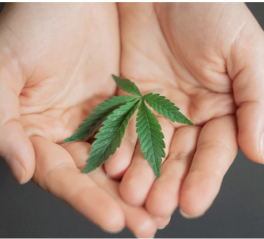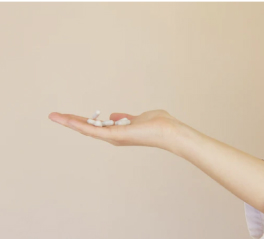Causes / Predispositions
The exact cause(s) of Parkinson’s disease are not yet known. Factors that may contribute to Parkinson’s disease include:
- Family History
- Genetic Predisposition
- Age (50 and Over)
Symptoms
Common symptoms of Parkinson’s Disease include:
- Tremors
- Slow Movement (Bradykinesia)
- Impaired Balance
- Impaired Speech
- Stiffness
- Sleep Disturbance
- Fatigue
- Postural Hypotension
- Depression
- Anxiety
- Confusion
- Psychosis
- Constipation
- Difficulty Urinating
- Difficulty Swallowing
- Loss of Sense of Smell
TRADITIONAL TREATMENTS
The priority of treatment in patients with Parkinson’s disease is to maximize symptom management. Currently there is no cure or method by which to stop the progression of Parkinson’s disease. Due to side effects associated with medications used to treat Parkinson’s disease, patients often delay treatment until the severity of symptoms increases.
Medication
- Levodopa/Dopamine Agonists
- Amantadine
- Anticholinergics
- COMT Inhibitors
- MAO-B inhibitors
Additional Treatment Options
- Physiotherapy
- Regular Exercise
- Speech Therapy
- Surgery (Deep Brain Stimulation)
Treatment with Cannabis Medicine
Research suggests that cannabis medicine can potentially relieve motor symptoms related to Parkinson’s disease by altering dopamine signalling through activating CB1 receptors. Studies also indicate that cannabis may have the potential to protect brain cells from damage, and that THC may significantly reduce dyskinesia. Additional research is needed to fully understand the therapeutic potentials and possible side effects of cannabis medicine as a treatment for Parkinson’s disease.
Recommended Intake Method(s)
- Edible Oils – Useful as a preventative treatment. Effectiveness limited by slow onset.
- Inhalation via Vaporizer – Useful in achieving immediate relief as needed due to fast onset.
Recommended Product Formulations
- Products containing ratios of 1:1, 1:2 or 1:4 THC to CBD.
Notable Terpenes
- Caryophyllene – Anti-anxiety, Analgesic
- Linalool – Analgesic, Anti-Anxiety
- Myrcene – Analgesic, Muscle Relaxant





